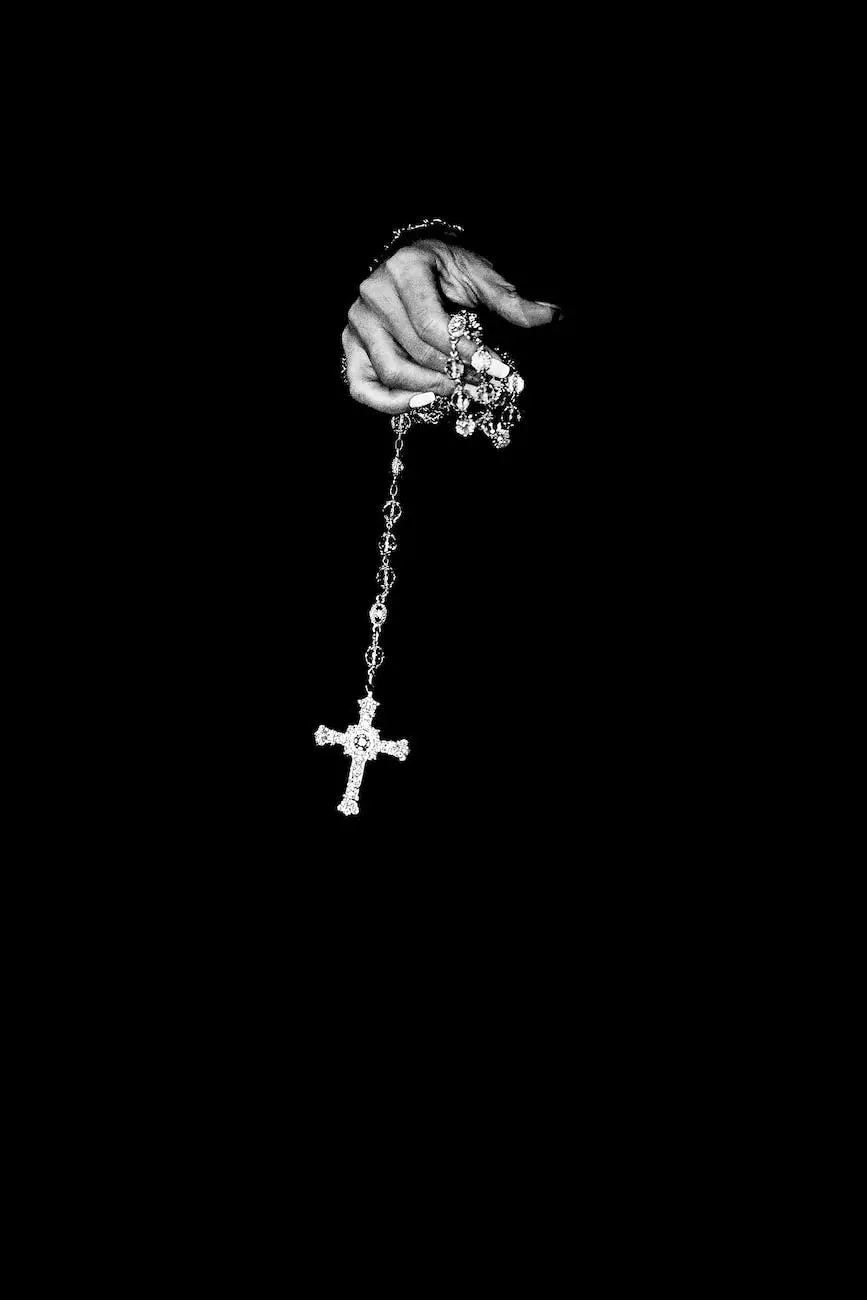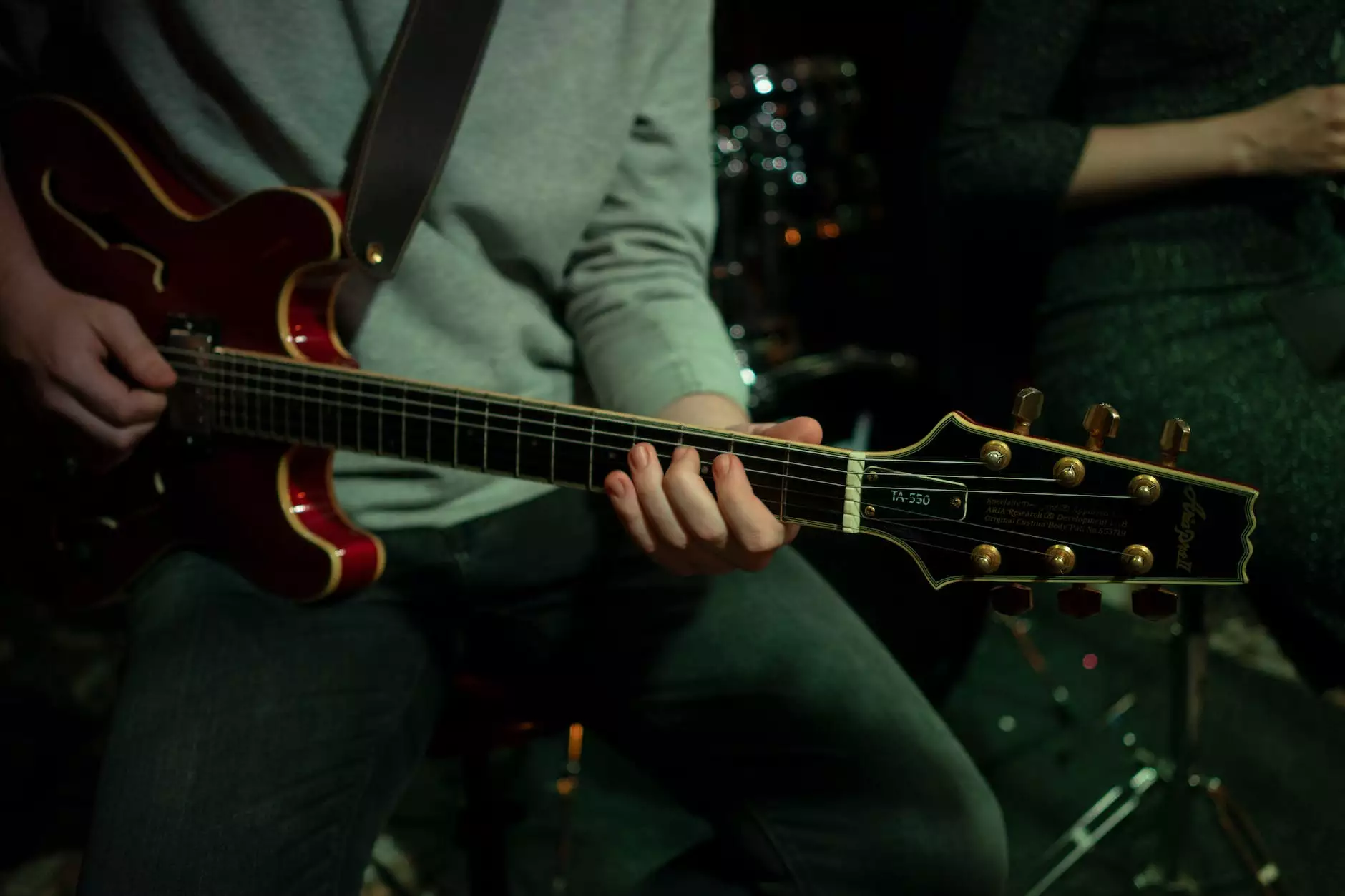Are The French Religious?
Cultural Insights
The Religious Landscape of France
When discussing the religious landscape of France, it is important to consider the complex and diverse attitudes towards religion within the country. France, known for its rich cultural heritage and historical significance, has a long and storied relationship with religion. To truly understand the religious practices and beliefs of the French, one must delve into the history, traditions, and influences that have shaped their worldview.
Historical Context: Influence of Catholicism
Historically, France has been predominantly influenced by Roman Catholicism. Catholicism has played a pivotal role in shaping not only the religious practices but also the cultural fabric of the nation. Throughout the centuries, grand cathedrals and churches have adorned the French landscape, serving as architectural marvels and symbols of the widespread influence of the Catholic faith.
Secularism and Modernity
However, in recent years, France has witnessed a shift towards secularism and modernity. The principle of laïcité, which promotes the separation of church and state, has become a fundamental pillar of French society. This emphasis on secularism has led to a decline in religious adherence and a growing skepticism towards organized religion.
Religious Diversity: Beyond Catholicism
While Catholicism still holds a significant presence, France has also become home to a diverse array of religious communities. The country is host to sizable Muslim, Jewish, Protestant, and Buddhist populations, among others. These vibrant communities contribute to the cultural fabric of French society and add to the tapestry of religious diversity within the country.
Attitudes Towards Religion
The French populace exhibits a wide range of attitudes towards religion. While some individuals actively practice their faith, others may identify as non-religious or place greater importance on secular values. Religion in France is often seen as a personal and private matter, with individuals choosing to keep their beliefs separate from public life.
Religious Holiday Traditions
Despite the growing secularism, religious holiday traditions remain an integral part of French culture. Festivals such as Christmas and Easter are celebrated by individuals across religious and non-religious backgrounds. These occasions provide an opportunity for people to come together, share festive traditions, and embrace the spirit of unity.
Conclusion
Exploring the religious landscape of France reveals a nuanced and multifaceted relationship between the French and religion. While the country's historical ties to Catholicism are evident, the principles of secularism and modernity have influenced the religious practices and attitudes of the French. Embracing diversity and recognizing the importance of individual beliefs, France continues to navigate the delicate balance between tradition and progress.




